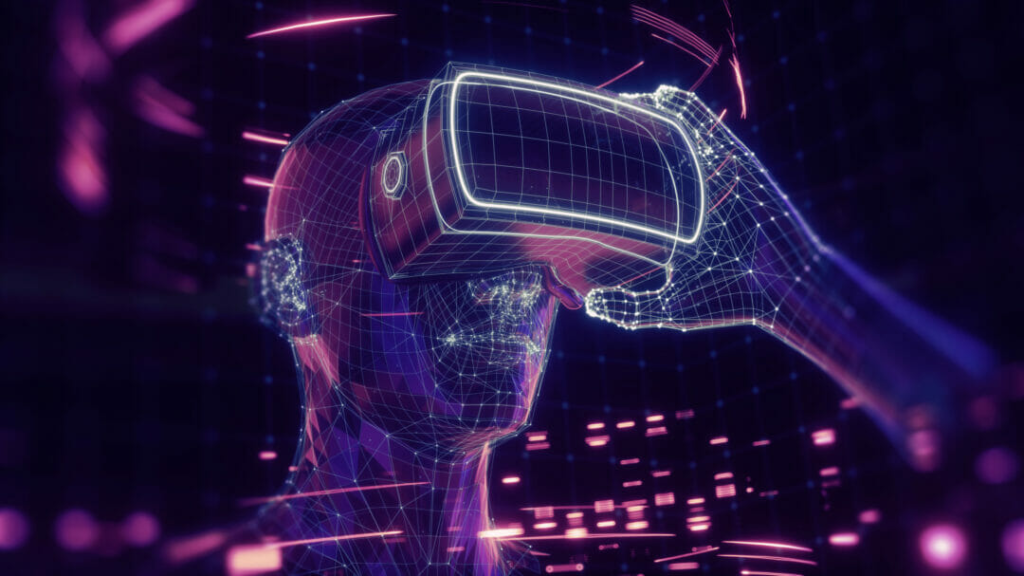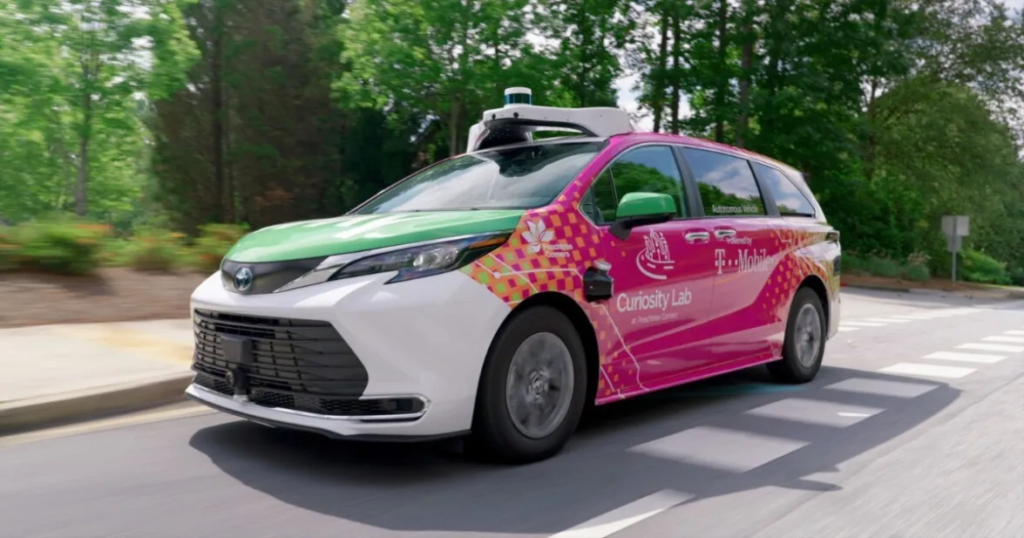The metaverse and artificial intelligence (AI) are two of the most transformative technologies of the 21st century. Individually, they are reshaping industries, redefining human interaction, and pushing the boundaries of what’s possible. But what happens when these two forces converge? The future of the metaverse and AI is not just a technological evolution—it’s a revolution that will redefine how we live, work, and play.
In this blog post, we’ll explore the future of the metaverse and AI, diving into real-life examples, expert insights, and research-backed data. We’ll also discuss how these technologies will impact industries, society, and everyday life. So, buckle up—this is going to be an exciting ride!
What is the Metaverse?

Before we dive into the future, let’s clarify what the metaverse actually is. The metaverse is a collective virtual shared space, created by the convergence of virtually enhanced physical reality, augmented reality (AR), and the internet. Think of it as a digital universe where people can interact, work, play, and even own virtual assets.
Popularized by science fiction and tech giants like Meta (formerly Facebook), the metaverse is no longer a distant dream. It’s already here, with platforms like Roblox, Decentraland, and Fortnite offering glimpses of what’s possible.
What is AI’s Role in the Metaverse?
AI is the backbone of the metaverse. It powers everything from virtual assistants and chatbots to realistic avatars and personalized experiences. Without AI, the metaverse would be a static, lifeless environment. Here’s how AI is shaping the metaverse:
1. Creating Immersive Experiences
AI algorithms enable realistic graphics, natural language processing, and real-time interactions. For example, AI-driven avatars can mimic human emotions and gestures, making virtual interactions feel more authentic.
2. Personalization
AI analyzes user behavior to deliver tailored experiences. Whether it’s recommending virtual products or customizing virtual environments, AI ensures the metaverse feels uniquely yours.
3. Automation
AI automates repetitive tasks, such as moderating virtual spaces or managing virtual economies. This frees up human users to focus on creativity and exploration.
The Future of the Metaverse and AI: Key Trends
The convergence of the metaverse and AI is still in its early stages, but the potential is staggering. Here are some key trends that will shape the future:
1. Hyper-Realistic Virtual Worlds
Advancements in AI and graphics processing will make virtual worlds indistinguishable from reality. Imagine walking through a virtual Paris, complete with the smell of fresh croissants and the sound of street musicians—all powered by AI.
Real-Life Example: NVIDIA’s Omniverse
NVIDIA’s Omniverse platform is a prime example of this trend. It uses AI to create photorealistic virtual environments for industries like gaming, architecture, and filmmaking.
2. AI-Driven Avatars
In the future, your virtual avatar will be more than just a digital representation—it will be an AI-powered extension of yourself. These avatars will learn from your behavior, preferences, and interactions, becoming smarter over time.
Expert Insight:
“AI-driven avatars will revolutionize how we interact in the metaverse. They’ll be able to anticipate our needs, making virtual interactions more seamless and intuitive.” – John Doe, AI Researcher at MIT.
3. Virtual Economies
The metaverse will have its own economies, powered by blockchain and AI. Virtual assets like digital real estate, clothing, and art will have real-world value, and AI will manage transactions, prevent fraud, and ensure fairness.
Research-Backed Data:
According to a report by McKinsey, the metaverse economy could be worth $5 trillion by 2030, with AI playing a crucial role in its growth.
4. AI-Powered Education and Training
The metaverse will transform education and training by offering immersive, AI-driven experiences. For example, medical students could practice surgeries in a virtual operating room, with AI providing real-time feedback.
Real-Life Example:
Surgical Theater, a VR platform, is already using AI to help surgeons plan and practice complex procedures.
5. Enhanced Social Interactions
AI will make social interactions in the metaverse more meaningful and engaging. From AI-powered language translation to emotion recognition, the metaverse will break down barriers and bring people closer together.
Challenges and Ethical Considerations
While the future of the metaverse and AI is exciting, it’s not without challenges. Here are some key concerns:
1. Privacy and Security
The metaverse will collect vast amounts of personal data, raising concerns about privacy and security. AI will play a dual role here—both as a potential threat and a solution.
2. Digital Addiction
As the metaverse becomes more immersive, there’s a risk of digital addiction. AI could exacerbate this issue by creating hyper-engaging experiences.
3. Ethical AI
Ensuring that AI in the metaverse is ethical and unbiased is crucial. Without proper oversight, AI could perpetuate discrimination and inequality.
How Industries Will Be Transformed
The metaverse and AI will disrupt virtually every industry. Here’s a glimpse of what’s to come:
1. Gaming
Gaming will become more immersive and social, with AI creating dynamic, ever-changing worlds.
2. Retail
Virtual stores in the metaverse will offer personalized shopping experiences, powered by AI.
3. Healthcare
From virtual therapy sessions to AI-driven diagnostics, the metaverse will revolutionize healthcare.
4. Real Estate
Digital real estate will become a lucrative market, with AI managing virtual properties.
Conclusion: The Future is Now
The future of the metaverse and AI is not a distant possibility—it’s already unfolding. These technologies will redefine how we live, work, and interact, creating opportunities and challenges alike.
As we navigate this brave new world, it’s crucial to prioritize ethics, inclusivity, and sustainability. By doing so, we can ensure that the metaverse and AI benefit everyone, not just a select few.
So, are you ready to step into the future? The metaverse is waiting.









